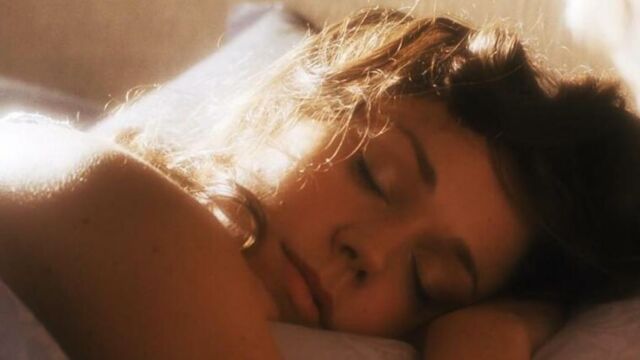If you are one of the people who cannot sleep without the lights on, you may want to learn to adjust to a darker bedroom at night. This is because new research has found that the nervous system stays awake when lights are on during sleep, while they ought to be resting as well.
Discover our latest podcast
What the research found
Researchers at the Northwestern University Feinberg School of Medicine, in Chicago, conducted a small study on 20 healthy adults to arrive at the conclusion that one night of sleeping with lights on causes changes in people’s functioning.
Their heart rates remained high while they slept compared to those who slept with the lights off. The lights on group also produced more insulin - the hormone that regulates blood sugar - in the morning.
Although these results may not be considered dramatic, the researchers say these otherwise small effects could culminate into bigger health problems such as diabetes. Dr Kannan Ramar, immediate past president of the American Academy of Sleep Medicine's board of directors, said:
This provides a biological plausibility that nighttime light exposure could potentially increase the risk for diabetes and other cardiovascular outcomes.
What kind of light
However, the study is not making a case for sleeping in total darkness either. The advice here is to use light that is less bright and preferably closer to the floor.
On the type of light that is easier on the nervous system, the team recommends those are closer to red/amber and not the white or blue ones, which tend to be more stimulating for the brain.
The study, published in the Proceedings of the National Academy of Sciences, is not the first to suggest harm from sleeping with the lights on.
A 2019 study of American women found that those who slept with a light or TV on tended to gain more weight over time, and were more likely to become obese, compared to lights-off sleepers.
Read more:
⋙ Insomnia: This man has been unable to sleep for 50 years after contracting a fever
⋙ Sleeping in your underwear can have disastrous impacts on your health
⋙ Sleep: Here's why you feel like you're suddenly falling when you're dozing off
Sources used:
PNAS: Light exposure during sleep impairs cardiometabolic function
NIH: Artificial light during sleep linked to obesity















